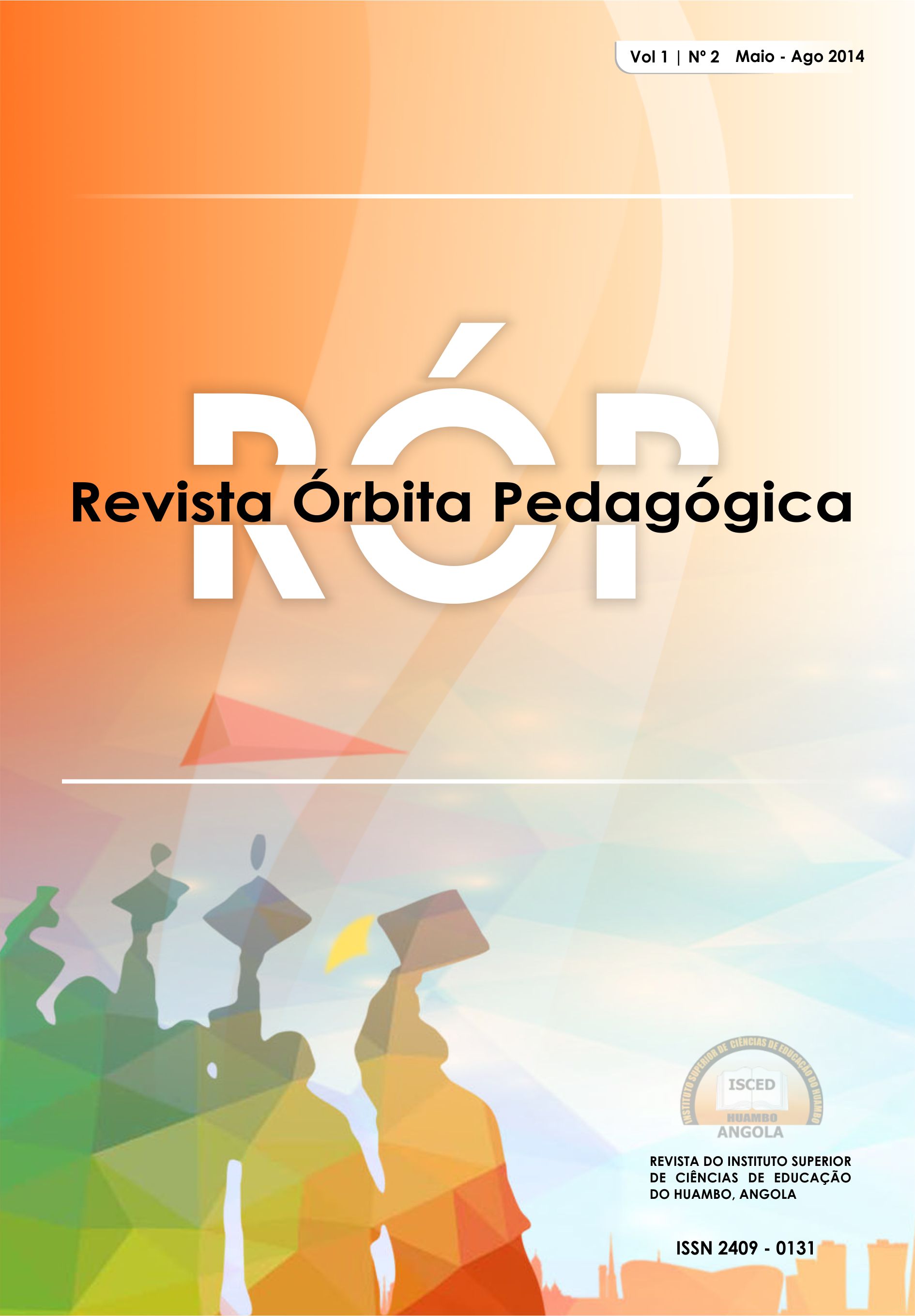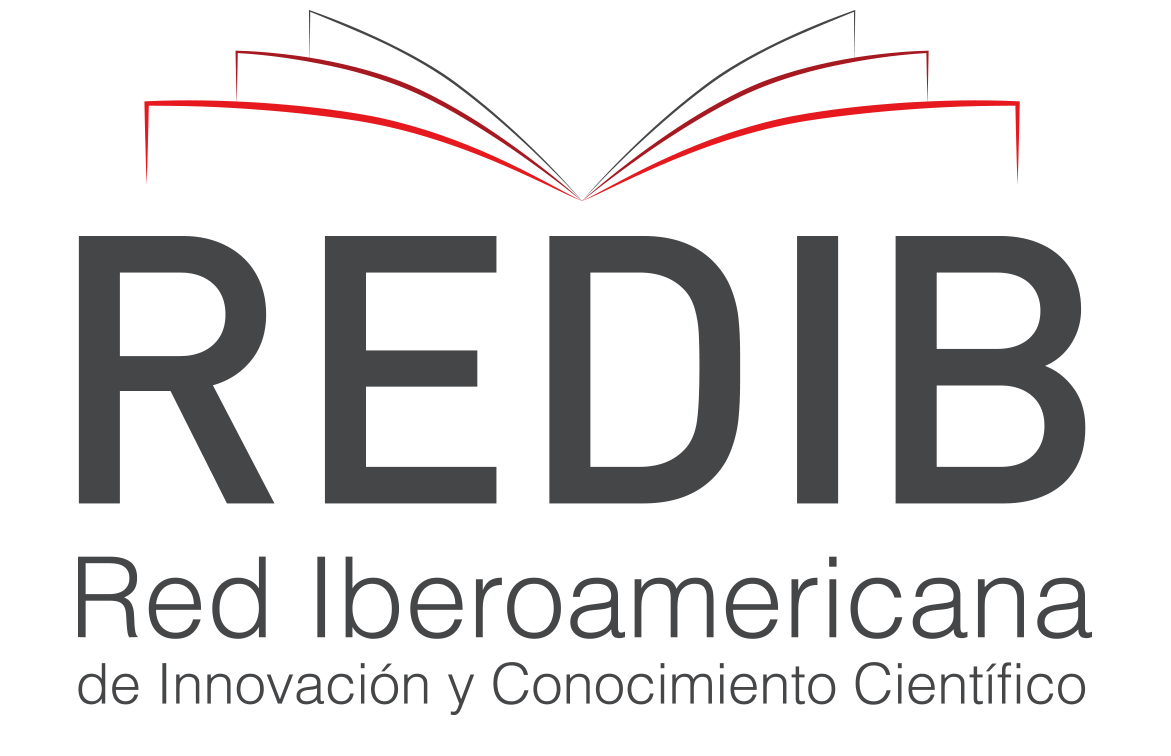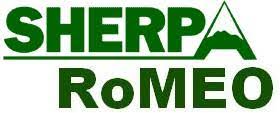THE INVESTIGATION AS CONTEXT EDUCATIONAL DEVELOPER OF THE TALENT IN THE PROFESSIONAL FORMATION FROM THE BOND UNIVERSITY, COMPANY, COMMUNITY
Keywords:
Talent, professional formation and Contexts developersAbstract
In the work the results of an investigation are exposed directed to clarify the particularities of the contexts that are developers of the talent in the professional formation from the bond university, company, community. With such a purpose a study of multiple cases has been developed in eight groups of second year of the Faculty of Electric; Mathematics, Physics and Calculation and Psychology from 1999 up to the 2005 using for it the observation of the educational contexts and you interview semi structured and informal to identified students as talents, professors and tutors in charge of their stimulation. The main results highlight the paper of the investigative context from the bond university, company, community like scenario developer of the talent in the professional formation in the one that students and professors share purposes centered in the creation, the situations and lists are structured in function of stimulating the indicators that characterize this operation type and it is passed over the control progressively to the students in the formulation of scientific problems and in their function like experts.
References
Lovell, R. y Shielden, J. B. (1967). Some aspects of study of the gifted child. Brit. J. Educ. Psichol, 37, 201-208.
Marland, S.P. (1971). Education of the gifted of talented. Report to the Congress of the United States by the US Commissioner of Education US Government Priting Office. Vol. 1. Washington DC.
Monks, F. y Van Boxtel, H. W.(1985). Los adolescentes superdotados: una perspectiva evolutiva. En J. Freeman (ed.), Los niños superdotados. Aspectos psicológicos y pedagógicos. Madrid: Santillana – Aula XXI.
Parkyn, G. W. (1948). Children of high intelligence. New Zealy Council for Educational Research: Oxford University Press.
Passow, A. H., Goldberg, M. L., Tannenbaum, A. J. y French, W. (1955). Planning for talented youth. New York: Teachers college.
Pérez Luján, D. (2000). Estrategia psicopedagógica para la detección de estudiantes talentos en la universidad. Tesis en opción al grado de Master en Ciencias de la Educación Superior. UCLV. Santa Clara.
Pérez Luján, D. (2005). Metodología para identificación del alumno talento en la formación profesional en la universidad. Tesis en opción al grado de Doctor en Ciencias Pedagógicas. UCLV. Santa Clara.
Pérez Luján, D. y Álvarez Valdivia, I. (2002). La comprensión y el desarrollo de la excepcionalidad intelectual. Necesidad de trascender del enfoque centrado en el sujeto al análisis funcional y de contexto. Revista Aula Abierta, 79, 43-57.
Pérez Luján, D. y Rodríguez García, C. E. (2002). La evaluación del aprendizaje: consideraciones de su uso en el contexto universitario. Revista: Tukaari-Vida, 40, 27-34.
Portland Public Schools (1959). The gifted child in Portly. Oregon: Portly Public Schools.
Pritchard, M. C. (1951). The contribution of Leta S. Hollingworth to the study of gifted children. En P. Witty (Ed.), The gifted child (pp. 47-85). New York: D. C. Heath.
Renzulli, J. S. (1978). What makes giftedness? Re - examining a definition. Phi Delta Kappan, 60, 180-184.
Renzulli, J. S. (1998). The Three-Ring Conception of Giftedness. En S. M. Baum, S. M. Reis y L. R. Maxfield (Eds.), Nurturing the gifts and talents of primary grade students (pp. 46-74). Mansfield Center, CT: Creative Learning Press.
Rogoff, B. (1993). Aprendices del pensamiento. El desarrollo cognitivo en el contexto social. Barcelona: Paidós
Sternberg, R. J. (1994). A pentagonal implicit theory of giftedness. En F. Orowitz y R. Friedman (Eds.), Developmental approaches to identifiying exceptional abilities (pp. 46-63). Washington, D.C.: American psichological association.
Sternberg, R. J. (2000). Identificación de las habilidades, la instrucción y la evaluación: un modelo triárquico. En J. A. Beltrán. (Ed.), Intervención psicopedagógica y currículum escolar (pp. 383-397). Madrid: Ediciones Pirámide.
Tannenbaum, A.J. (1983). Gifted Children: Psychological and Educational Perspectives. New York: Macmillam.
Terman, L. M. (Ed.) (1925). Mental and physical traids of thousy gifted children. En Genetic Stadies of Genius. Vol.1. California: University Press.
Vega Fuente, A. (2000). La Educación ante la discapacidad. Hacia una respuesta social de la escuela. Valencia: Nau llibres.
Vigotsky, L. S. (1984). Instrumento y signo en el desarrollo del niño. En Obras Completas. Vol. VI. Madrid: Visor.
Vigotsky, L. S. (1987). Historia del desarrollo de las funciones psíquicas superiores. La Habana: Ciencias Sociales.
Vigotsky, L. S. (1989). Instrumento y signo en el desarrollo del niño. En Obras Completas. Vol. VI. Madrid: Visor.
Witty, P. (1957). Who are the gifted? En Education for the Gifted, 57th Yearbook of the National Society for the Study of Education (pp. 41-63). Chicago: University of Chicago.
Downloads
Published
How to Cite
Issue
Section
License
Copyright (c) 2022 Lourdes Rodríguez Pérez, Dalgys Pérez Luján

This work is licensed under a Creative Commons Attribution-NonCommercial-ShareAlike 4.0 International License.

















